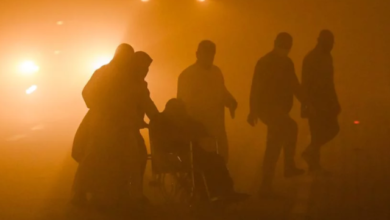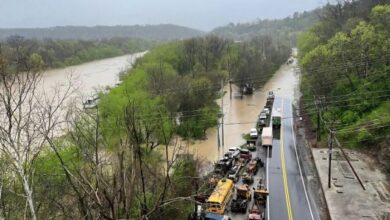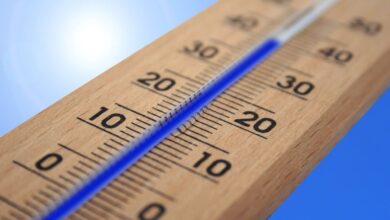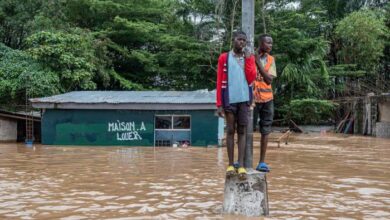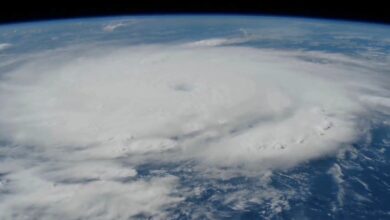If you’re referring to a summer in Houston that’s not as hot as usual, here’s what might be happening or could happen:
– **Unusual Weather Patterns**: Sometimes, weather anomalies occur where Houston might experience cooler than average temperatures during summer. This could be due to:
– **Cold Fronts**: Occasionally, a cold front might push further south than usual, bringing cooler air for a short period.
– **Tropical Systems**: While typically associated with heat, certain tropical systems can bring cooler, rainier conditions, which might feel less hot due to cloud cover and rain.
– **Climate Change Effects**: Over time, climate change can lead to shifts in weather patterns. While Houston might still be hot, there could be years or periods where temperatures are relatively lower due to these shifts.
– **Local Microclimates**: Houston’s large urban area can create microclimates. Areas with more greenery or water bodies might feel cooler due to evaporative cooling.
– **Measurement Anomalies**: Sometimes, what feels like a cooler summer could be due to how temperatures are recorded. For instance, if the average temperature for a particular summer is slightly lower than previous years, it might be perceived as cooler.
– **Perception**: Sometimes, the perception of heat can be influenced by other factors like wind, humidity, or even personal acclimatization. A summer with lower humidity might feel less oppressive even if the temperatures are similar.
If this is about a specific year or period where Houston experienced a cooler summer:
– **Historical Data**: Checking historical weather data for Houston could confirm if there was indeed a year where summer temperatures were significantly lower than average.
– **Cultural Impact**: If such a phenomenon occurred, it might lead to changes in local behavior, like more outdoor activities, or even affect local businesses like ice cream shops or air conditioning sales.
Remember, while Houston’s summers are notoriously hot and humid, there are always exceptions, and these can be fascinating to observe or study. If you’re looking for specific data or want to know if this happened in a particular year, you might need to check meteorological records or ask for real-time data from weather services.


